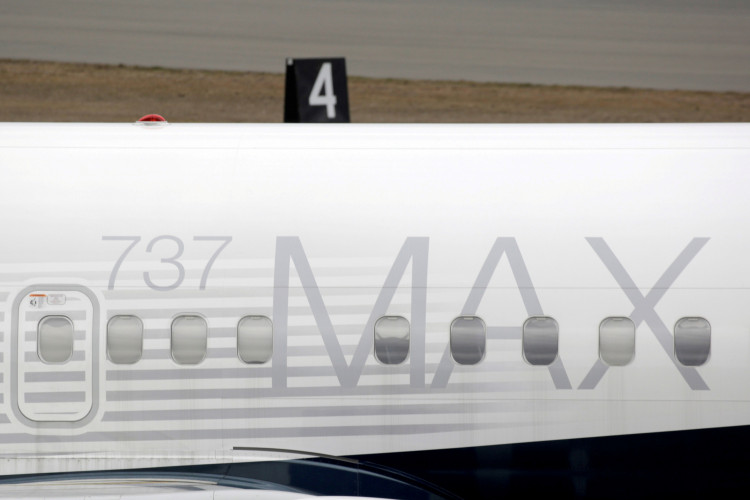Boeing shareholder Richard Seeks led the filing of a lawsuit with an Illinois federal court over the company's alleged masking of major safety information on the 737 Max models. This is not the first time the U.S. airplane expert has been slapped with a lawsuit.
According to the Seattle Times, Seeks' lawsuit alleged that Boeing "effectively put profitability and growth ahead of airplane safety and honesty." Seeks added that the world-famous airplane maker misled investors about key operations that shareholders should have been informed of beforehand.
Seeks further noted in his lawsuit that Boeing failed to inform both passengers and investors that it submitted statements and reports to the Federal Aviation Administration (FAA) stating that its jets, including the 737 Max models, were certified safe to fly. Furthermore, the company's statements were allegedly "undermined by Boeing's conflicts of interest" in receiving authority from the FAA to ensure that safety analysis for the controversial models was carried out appropriately.
CBS News reported that Boeing stocks declined by 13 percent in value following the 737 Max Ethiopian Airlines crash in March. Shareholders have since united to question the jetliner's safety and whether the downed model was safe to fly following the earlier Lion Air crash in October.
The Boeing 737 Max is the American firm's best-selling model but due to the two crashes that took the lives of 346 people, orders have stalled. Regulators across the world have grounded the jets with family members of the victims calling for justice.
Industry analysts stressed that the latest class-action lawsuit filed by shareholders is just another wave of the piling issues that Boeing has to overcome. Before the crashes, the 737 Max models were hailed as some of the world's top-performing jetliners. Boeing was also the world's most trusted manufacturer in global terms.
However, preliminary findings from the Boeing 737 Max probe carried out by Ethiopian and international aviation experts indicated that there were errors in the models' flight control system.
The results suggested that crew members of the downed Ethiopian Airlines followed recommendations by the company when the first nose-dive took place.
Ethiopian Minister of Transportation Dagmawit Moges said that after the first nose-dive happened, the crew could not have been "able to control the aircraft" due to a system error. According to industry experts, this could have meant that there was no pilot error as was previously thought. Instead, there was faulty data on the Boeing model's Maneuvering Characteristics Augmentation System (MCAS).
Boeing has yet to issue an official statement on the recent lawsuit linked to the 737 Max crashes that took place in a period of fewer than six months.






